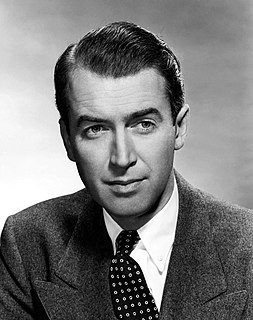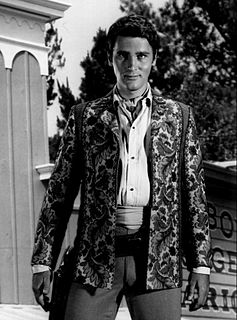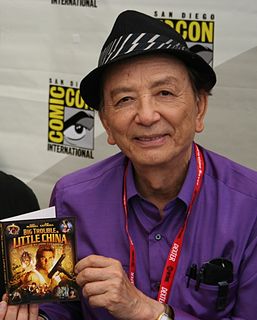A Quote by Gabrielle Bell
There are a zillion possibilities that you can do on a piece of paper; there is no rational way to choose. So you have let something else speak... so I can't really remember which comes first, the dialogue or the pictures. It comes from that place where it sort of all comes together on its own.
Related Quotes
Caron, Even though you just got here a few months ago, We've grown so close over these last few weeks And, I can remember, When you first got here, You wrote a piece of paper in my locker... I don't know why I'm crying so much man... You wrote a piece of paper in my locker that said, "KD MVP." And that's after we had lost two or three straight. And I don't really say much in those moments, But I remember that. I go home and I think about that stuff man. When you got people behind you, You can do whatever. And I thank you man, I appreciate you.
I could draw ideas. I remember writing a paper for a seminar class. I remember writing a paper about - and this is going to sound really sort of pretentious, but that's where my mind was at the time - how acting and the performing artist can really be like a Bodhisattva, how they can communicate ultimately an idea in a way that can move and shift things. And that was wonderful. I didn't know many classes where I could try and relate the thing that I really loved and wanted to do into an intellectual idea, and that happened to be one of them.
Marriage can be whatever you define it as. For example, I don't feel like I need a piece of paper that says I own her and she owns me. I think signing a piece of paper doesn't mean anything in the eyes of God or in the eyes of people. The thing is, if you are together and you love each other and are good to each other, make babies and all that, for all intents and purposes you are married.
I really enjoy forgetting. When I first come to a place, I notice all the little details. I notice the way the sky looks. The color of white paper. The way people walk. Doorknobs. Everything. Then I get used to the place and I don't notice those things anymore. So only by forgetting can I see the place again as it really is.
Freud believed that our dreams sometimes recapitulate a speech, a comment we've heard or something that we've read. I always had compositions in my dreams. They would be a joke, a piece of a novel, a witticism or a piece of dialogue from a play, and I would dream them. I would actually express them line by line in the dream. Sometimes after waking up I would remember a snatch or two and write them down. There's something in me that just wants to create dialogue.
I felt she had two unhappy marriages, it was wonderful the way it was. When Audrey would be asked, she'd also say, 'Why mess with a good thing?' I remember her saying to one interviewer it's more romantic this way because it's not another piece of paper, but out of loyalty to each other that binds us together.
Debate doesn’t really change things. It gets you bogged in deeper. If you can address or reopen the subject with something new, something from a different angle, then there is some hope. ... People are suddenly gazing at something else and pausing for a moment. And for the duration of that gaze and pause, they are like reflectors of the totality of their own knowledge and/or ignorance. That’s something poetry can do for you, it can entrance you for a moment above the pool of your own consciousness and your own possibilities.
We who lived in concentration camps can remember the men who walked through the huts comforting others, giving away their last piece of bread. They may have been few in number, but they offer sufficient proof that everything can be taken from a man but one thing: the last of the human freedoms -- to choose one's attitude in any given set of circumstances, to choose one's own way.
Spaces of liberation are, in a certain way, some kind of social spaces where people can not only get together and think about something else, but also act together. If you are thinking about an elemental solidarity, you are thinking about people acting together and taking decisions together, and thereby beginning to think about what sort of society they want to create. So, there is a need for liberated spaces; that is really difficult.
It would be so easy to lose the plot now. It's not about achieving something for its own sake, and taking pictures for their own sake. But to make conscious decisions and choices, and it includes this constant questioning - Why am I taking pictures? Because really, the world is... it has pictures enough. I mean, there are enough pictures out there.



































